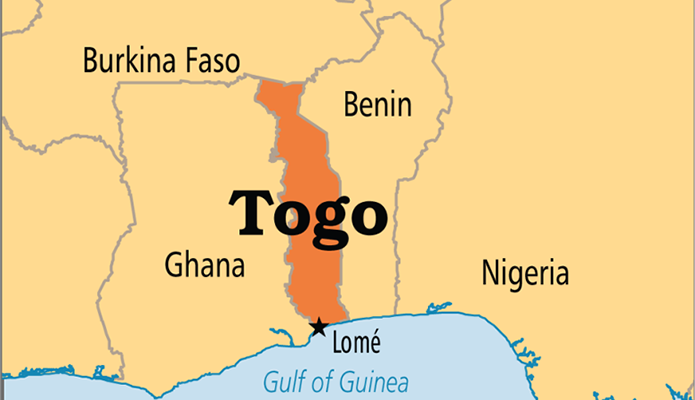
The government of Togo has made the decision to postpone the legislative elections scheduled for April 20 to a later unspecified date. This announcement comes shortly after the approval of a highly disputed constitutional reform by lawmakers.
The presidency stated that further “consultations” were necessary regarding the amendment that was passed in March. The opposition has raised concerns that the reforms were designed to extend President Faure Gnassingbe’s stay in power in the country, which has a population of nine million.
Gnassingbe, who took office in 2005 following his father’s rule that began with a coup 50 years ago, has been victorious in every election. However, the opposition has consistently criticized the electoral process, citing irregularities.
In response to tensions arising from the reform, Gnassingbe sent the law back to the National Assembly for a second review, with the opposition accusing him of attempting to prolong his presidency.
A statement released by the government explained, “The National Assembly has decided to pause for several days to engage in extensive consultations with all relevant parties.”
As a result, a slight adjustment will be made to the calendar for the legislative and regional elections that were initially slated for April 20.
No new date for the elections was provided in the statement.
The parliament of Togo, predominantly controlled by Gnassingbe’s UNIR party, endorsed the law that would transition Togo from a presidential to a parliamentary system, granting the assembly the authority to elect the president for a single six-year term.
The potential for the term to be renewed remains uncertain, but the move sparked concerns among the opposition regarding a potential indefinite rule under Gnassingbe, who assumed power from his father, General Gnassingbe Eyadema.
Following the announcement of the postponement, Togo’s opposition parties did not immediately react. The decision was broadcast as breaking news on state television.
Tensions escalated swiftly over the constitutional reform, leading to the dispersal of an opposition news conference by the police.
Nearly 100 university academics, intellectuals, artists, political figures, and members of civil society signed a plea urging the public to “mobilize” against what they viewed as an abuse of power.
An editor of a Togolese newspaper was detained, and media watchdogs cautioned of potential press restrictions ahead of the elections.
Sources in Washington informed AFP that US officials had urged Gnassingbe to address the current situation in a “peaceful and democratic” manner.
Last week, the Togo Bishops’ Conference called on the president to postpone the promulgation of the new constitution and initiate “an inclusive political dialogue.”
In 2019, a revision of the constitution by parliament restricted presidential terms to two; however, it was not retroactively applied, allowing Gnassingbe to run for the next two elections.
AFP
